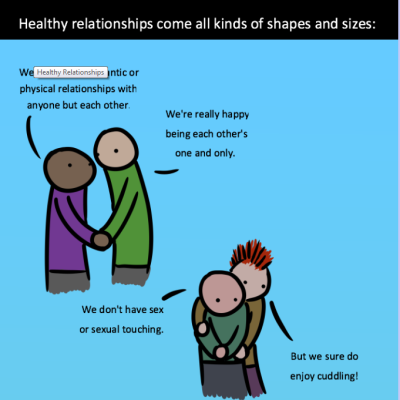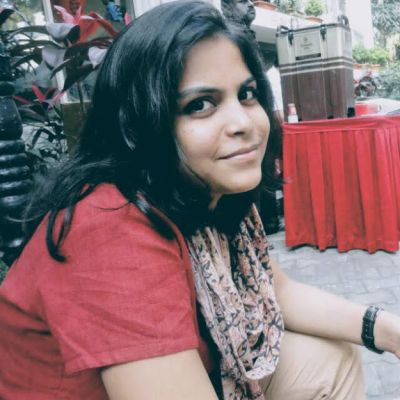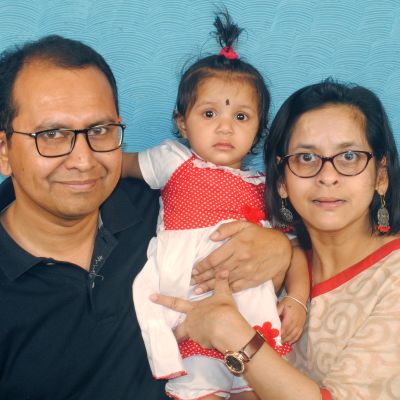relationships
Sexuality is taboo in our context, and expressions of it publicly or even in the home setting outside the bedroom, especially by those who are not in ‘legitimate’ relationships ‘alarm the modesty’ and are generally considered anti-culture or simply categorised as Western concepts.
It’s technology that has allowed me, amidst the lockdown, to connect with so many people and I dare say, sext and share photos. It’s technology that has allowed me and many others access to things like porn, fetish websites, and to buy sex toys and so much more without leaving our beds!
Because the Internet is an integral part of our daily lives, it is important that young people are given the right information so that they can explore the world around them, access information without violating legislations, know their rights in the virtual and physical world and have enjoyable and consensual relationships with whoever they choose.
I discovered the movie What Will People Say? while browsing Netflix. Growing up in a society in which people are…
Searching for and then finding and connecting with others, dating, and then possibly, romancing them, are activities and experiences that…
Last weekend, after a very hectic week, I was looking for a light and easy movie to watch and came…
Though most of us shy away from opening ourselves to be vulnerable, there is great power in expressing our vulnerabilities to the people closest to us, whether a friend or an intimate partner.
Fragile and fleeting like soap bubbles, pleasure shines with many colours. But its iridescence is frightening for many. Perhaps because its colours change in unpredictable and uncontrollable ways, and though fragile and fleeting, it is a world in itself
Just as there are diverse ways of expressing and experiencing one’s sexuality, pleasure, too, is experienced in multiple forms and through multiple practices in each relationship.
Over the years, my understanding of pleasure has changed. However, much of it is thanks to external inputs. It is thanks to people of all gender identities sharing how they feel pleasure in different ways.
Being a man isn’t about domination, and it definitely isn’t about subjugation of feminine people. We need to find a way to re-frame masculinity so that it isn’t diametrically opposed to respectful and equal gender relations.
Adsa Fatima is a feminist, trainer and resource person working with Sama Resource Group for Women and Health. In this interview, she shares her insights on issues of privacy, safety and inclusion in the context of reproductive health, sexuality and rights, and the family and social environment that influence individual choices and decisions
Jeeja Ghosh is a disability rights researcher and activist, feminist, parent, writer, scholar and trainer. Her lived experience of disability, and of standing up against discrimination and injustice, is at the core of her work and insights. Shikha Aleya interviews Jeeja about mobility across divides other than the physical.
For them there is always a smile, and for them time has stood through. Memories are edged in the season of those years in which I met them.
But whether you root for this couple or not, Little Things makes you think about the small things – like reading out a line from a book of poetry, sharing a friend’s WhatsApp message with your partner, forgetting to wash your dirty socks before they make the room stink – that make or break a relationship.















